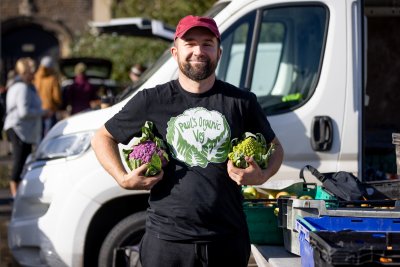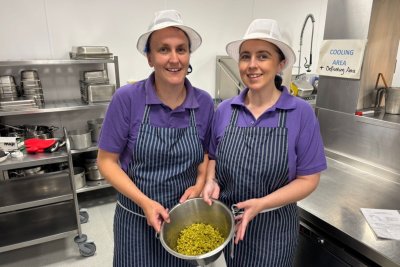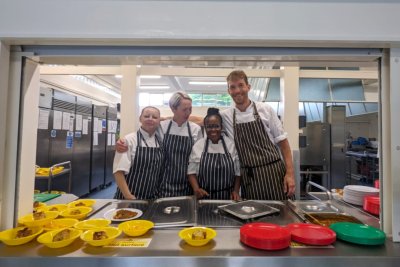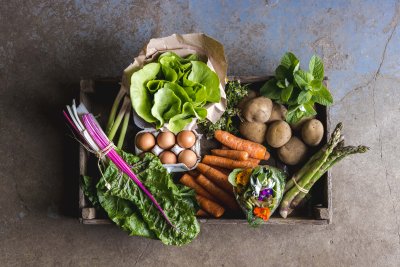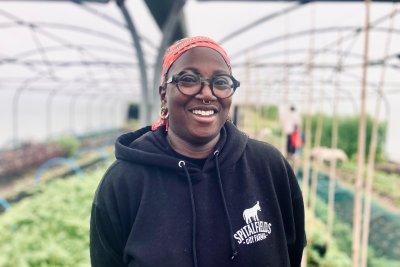Three-quarters of our food crops depend to some extent on animal or insect pollination, and a high diversity of wild pollinators is critical to the process. But pollinators are increasingly under threat from human activities, including climate change, with decreases in both abundance and diversity.
These are the conclusions of the authoritative assessment by the Intergovernmental Science-Policy Platform on Biodiversity and Ecosystem Services (IPBES). The platform brings together a wide range of experts, with the objective of providing 'scientifically credible, independent, up-to-date' assessments of available knowledge.
The assessment's findings are grim but not hopeless. This report, which presents the implications for policymakers, outlines a range of management and policy options that could halt the pollinators' decline.
The Panel addressed two 'highly contentious' issues: the effects on pollinators of pesticides and genetically modified crops, respectively. It found evidence of adverse impacts of pesticides in certain circumstances, but concluded that more research was needed to assess the impact of GM crops. However, it claimed credit for having managed to bring balance to the consideration of these contested topics.
Read the IPBES report
here. Find out more
here about Sustain's campaign work for a greener, fairer food system.


